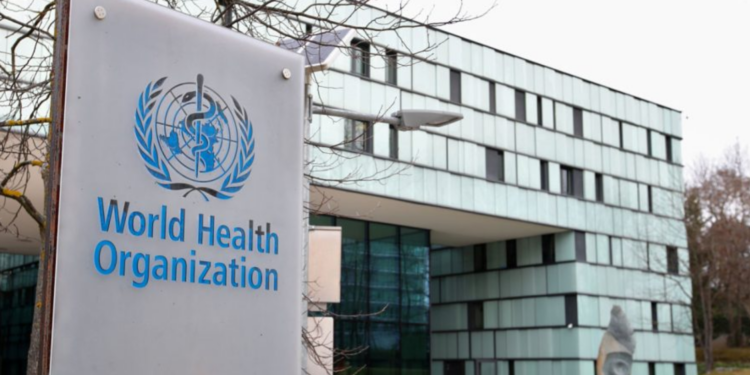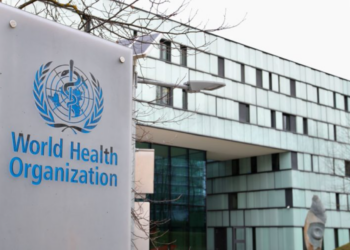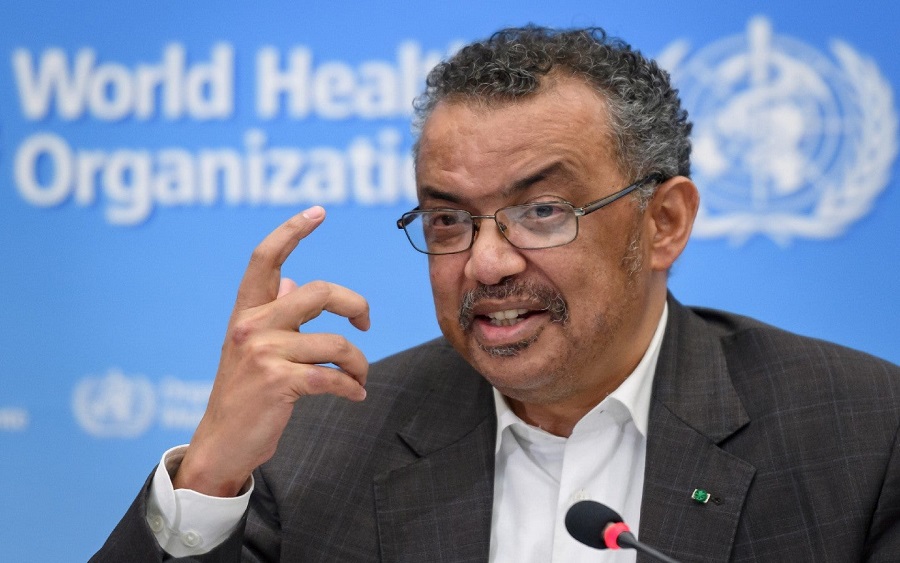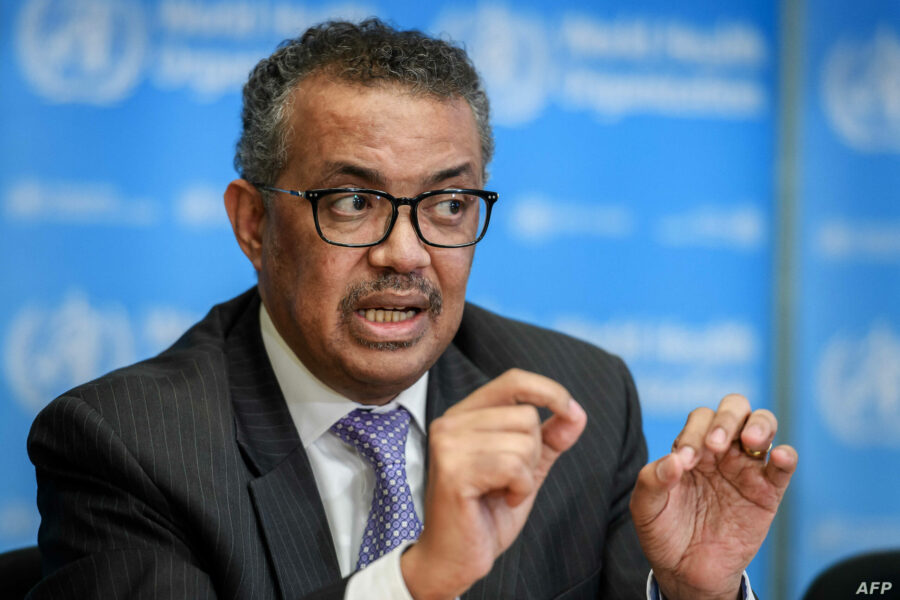The World Health Organisation (WHO) has issued a warning about the significant increase in dengue infections recorded globally in 2023, posing a potentially high public health threat.
The UN health agency disclosed that more than five million dengue infections and 5,000 deaths from the disease were reported worldwide in 2023.
During a briefing at the UN headquarters in Geneva, Dr Diana Rojas Alvarez, WHO Team Lead on Arboviruses, emphasized the need for maximum attention to this threat.
She stressed that a comprehensive response from all levels of the UN health agency was required to support countries in controlling current dengue outbreaks and preparing for the upcoming dengue season.
What you should know
- Dengue, the most common viral infection transmitted to humans by infected mosquitoes, is prevalent in urban areas within tropical and sub-tropical climates.
- The rise in reported cases is attributed to infected mosquitoes thriving in more countries due to global warming associated with rising emissions.
- Alvarez highlighted the impact of climate change on dengue transmission, pointing out that it increases rainfall, humidity, and temperature—factors that favour the proliferation of mosquitoes responsible for spreading the disease.
- While most individuals infected with dengue are symptom-free and recover within one to two weeks, severe cases can lead to shock, severe bleeding, or organ impairment.
- The WHO cautioned that these severe symptoms often emerge after the fever has subsided, catching caregivers and medical professionals off guard.
- Signs to be vigilant for include intense abdominal pain, persistent vomiting, bleeding gums, fluid accumulation, lethargy, restlessness, and liver enlargement.
Given the absence of a specific treatment for dengue, early detection and access to proper medical care are crucial to reducing the risk of death due to severe dengue.
Dr. Alvarez shared concerning statistics, noting that since the beginning of the year, over five million cases and approximately 5,000 deaths from dengue have been reported worldwide. Nearly 80% of these cases were reported in the Americas, followed by Southeast Asia and the Western Pacific.
The WHO also expressed concern about dengue outbreaks occurring in fragile and conflict-affected countries in the eastern Mediterranean region, including Afghanistan, Pakistan, Sudan, Somalia, and Yemen.
The global prevalence of mosquitoes has shifted in recent years due to the 2023 El Niño phenomenon, which exacerbated the effects of global warming and climate change, according to the WHO.
Why It matters
- The Nigerian Centre for Disease Control (NCDC) confirmed the Dengue Fever outbreak reported in Sokoto state, Nigeria in November 2023.
- So far, 71 suspected cases, 13 confirmed cases and zero deaths have been reported in the state.
- The majority of the suspected cases reported fall between the age range of 21-40 years.
- The agency has disclosed that the current risk of the dengue outbreak has been determined to be moderate based on a dynamic risk assessment.





















